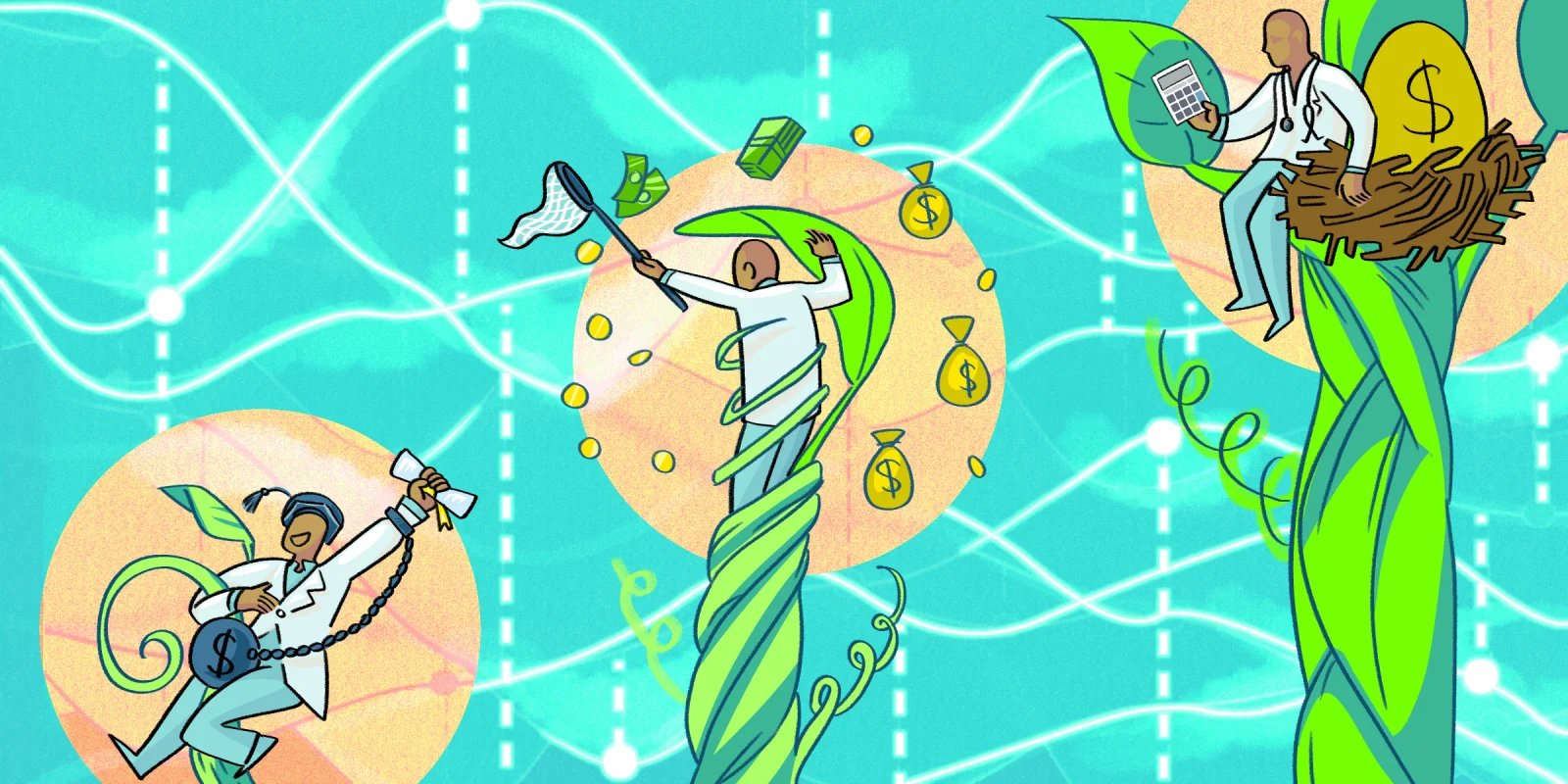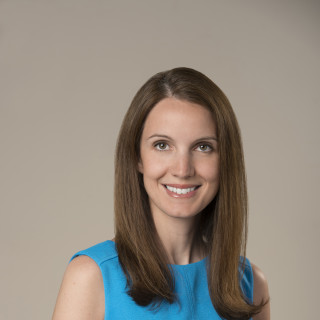 I retired early, almost four years ago, at the peak of my career. Since then, there has been plenty of time for reflection. I’m now in my early forties and it remains a strange subject to talk about. Whenever someone asks me what I do for a living, I find my answer is often vague. I am careful not to divulge too much information when I’m meeting someone for the first time, as misinterpretations run rampant in discussions about work, money, family, or health. To further complicate the issue, there were many intertwined events that led to my early retirement from medicine.
I retired early, almost four years ago, at the peak of my career. Since then, there has been plenty of time for reflection. I’m now in my early forties and it remains a strange subject to talk about. Whenever someone asks me what I do for a living, I find my answer is often vague. I am careful not to divulge too much information when I’m meeting someone for the first time, as misinterpretations run rampant in discussions about work, money, family, or health. To further complicate the issue, there were many intertwined events that led to my early retirement from medicine.
The path that led to my retirement was not planned or foreseen. The decision came after a major health scare that made me reevaluate how I wanted to live my life. I was given the opportunity to realize that, when it comes down to it, life flies by if you don’t grab ahold of the reigns and control how you want it to go. In addition, I reached clarity on the concept of financial independence — and reaching that clarity was a huge step toward liberation.
It’s hard to let your identity as a physician go; the years of school, training, and work consumed so much of my existence for 20 years. Many of us have our identities wrapped up in our careers, and caring for patients and developing relationships with them changes us over time. A medical career challenges one intellectually, emotionally, and physically as very few jobs can. This can be a blessing and a curse.
One of the first lessons I learned upon retiring was the importance of “purpose.” Purpose adds meaning to our lives, and a career as a physician lends itself easily to the idea of “finding meaning.” It is somewhat jolting to no longer work 10-hour days, seeing patients, answering phone calls, writing emails, operating, delivering babies. There was always something more to do and work never considered complete. It was rewarding and gratifying work — helping other people in times of need is undoubtedly one way to lead a purposeful life.
Learning to switch gears took some time, but it became apparent that I needed to focus on a different purpose. Luckily, I have three young children who are the impetus and motivation behind much of what I do now. As much as you might like to think early retirement involves laying in the shade of a coconut tree on a beautiful island while sipping a Mai Tai, it just isn’t reality. Perhaps the first month or two are a haze of happiness: not setting the alarm clock, finally taking that long trip, attending every practice/game/concert for the kids. Eventually, though, structure resumes. Retiring young, while more than half your life remains, is starkly different than at, say, age 60 or 70.
Taking advantage of the fact that I am still healthy and relatively young was important in my retirement. We have all heard stories of people passing away months after retiring, having never had the chance to do all of the things they had planned. My purpose is evolving all of the time, and I am certain it will change with each decade. While my children are young, they are at the center of everything I do. During the COVID-19 pandemic, I have never been more grateful for the privilege to stay home with them. This is obviously a stressful time for all working parents, and I am in awe of the physicians who are juggling work, online school, and childcare for their families.
I still feel the need to be “productive” outside of my home, despite the fact that the daily requirements of household management are more than enough to keep me busy (I’m sure most physicians can probably relate). Currently, I am fulfilling this need for external purpose with investing and writing. The challenge of understanding finance more in-depth, and delving into the world of information technology, as well as developing and running my own website and writing for different venues, is giving me an outlet for continual growth. Personal growth, not income is the point of these ventures. I will not let retiring early to produce stagnation, there is just too much life ahead.
A second lesson I’ve learned in my retirement is the value of investing early and often. Physician careers don’t pay what they used to, and probably the quickest path to financial independence (when you no longer require a paycheck and work becomes optional) is through investing. I prefer the stock market, but opportunities are everywhere. Passive investing is a necessary tool for physicians who are too busy with training and careers to give much attention to anything else. It is so important not to overlook finances, even if you’re overwhelmed in day-to-day life. Simple moves, like automatic withdrawals for investing before spending, create lifetime habits of living within one’s means. They may also spark a desire to increase contributions once you realize the impact investing can have.
A career as a physician means you will always have enough to pay your bills. However, to truly obtain a level of comfort that allows you to choose how, where, and what your perfect job looks like requires outside sources of income. These revenue streams can be grown and cultivated over time without diverting too much attention and energy away from an already hectic life. Retiring early has reinforced my belief that money is only a tool, but a tool that can provide choices and freedom to live the type of life you desire.
Lastly, the third lesson I have learned is that each of us lives a different life. Our experiences shape the direction things go in, to an extent, but we do have more control than we think. I was humming along fine in my 30s but realized I was mostly just “busy” with life. It took a life-altering health scare for me to wake up and realize that I could have whatever life I chose, if only I was brave enough to step outside of societal norms and expectations.
People will make all types of assumptions about you and your family. There is a good chance very few are true. Those who have not walked in my footsteps may jump to conclusions or make judgments about the ethics of retiring early from medicine — but I have also been grateful to hear from many who have benefitted from hearing my story and relate to a desire to gain control of their life’s trajectory. To quote an often-used expression: “Don’t worry about what others think of you, it’s none of your business.” Know your truth about why you retired early and don’t waste time wondering about what people think about your decision.
Ultimately, with over 40 years of life ahead of me, I cannot say whether I would ever go back to practicing medicine, but I don’t anticipate it at this time. Without a doubt, becoming a doctor was always a part of my destiny. I have been blessed to help some people along the way, and I wouldn’t trade the path that I took for anything. While I do not regret leaving, I also miss many parts of being a clinician. Luckily, time is on my side and I have even contemplated a second career, going back to school, traveling the world, or volunteering. Who knows, maybe I will do all of the above? The second part of my life is just beginning, and the biggest lesson I have learned is that time is the most precious commodity we have.
Dr. Valerie A. Jones is a board-certified obstetrician/gynecologist who is passionate about women's health care, personal finance for physicians, and motherhood in medicine. Her writings on these topics can be found on her website. Dr. Jones is a 2019–2020 Doximity Fellow.
Illustration by April Brust







